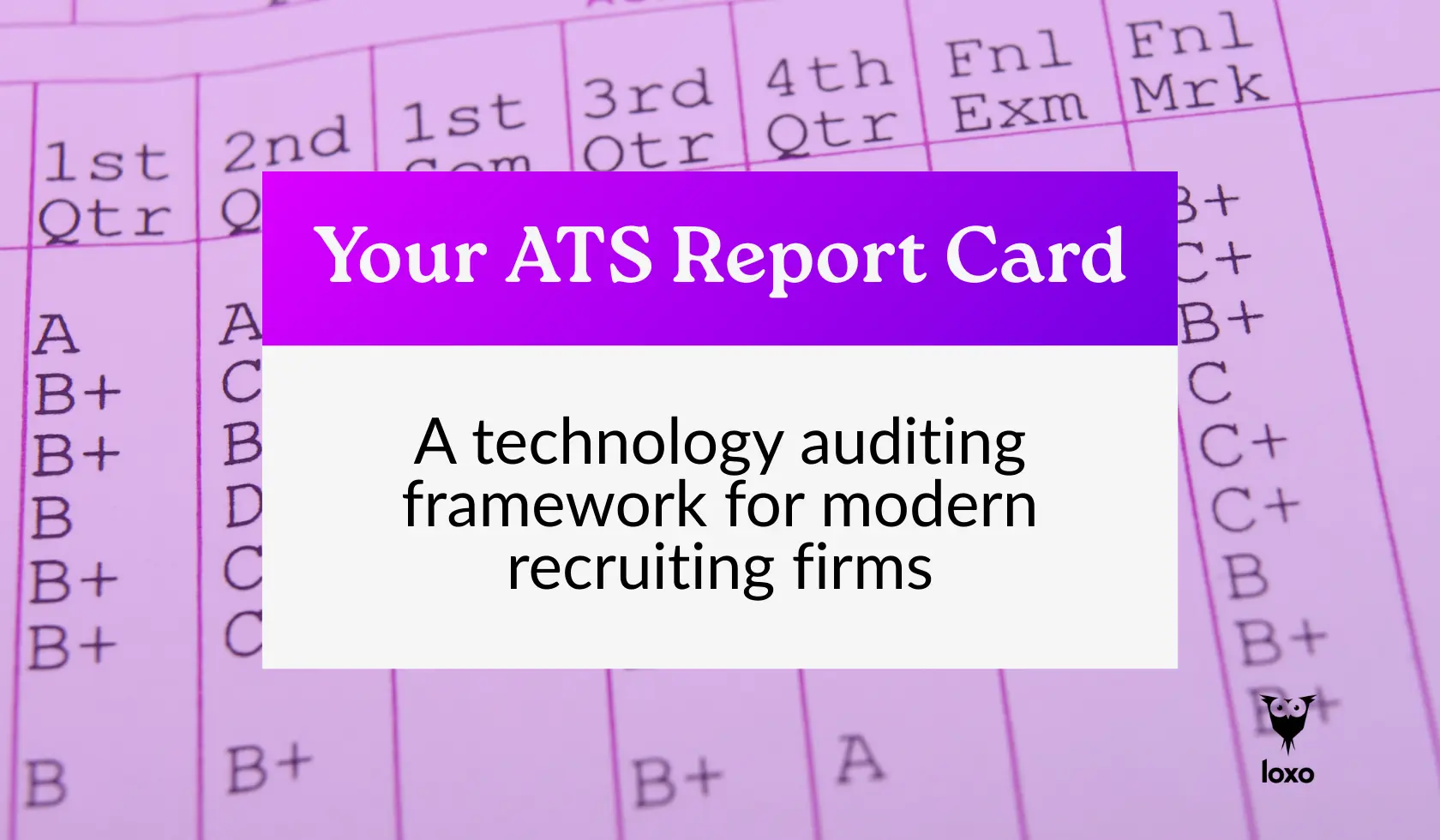The Power of Boolean: Improve AND Simplify Your Recruitment Search

If the idea of powering your 21st century recruiting with 19th century mathematical theories sounds crazy, it is. Crazy smart, that is. Boolean is one of the most effective tools you can use to drastically streamline your search process, and it's also one of the simplest to learn.
What is Boolean?
Way back in 1847, an English mathematician named George Boole formulated the rules for a new type of thought that merged logic and algebra. Essentially, Boolean algebra uses true/false statements—known as "truth-values"—instead of numbers. By manipulating those truth-values with various logical operators, you can do some pretty cool things.How did Boolean become so relevant today? Because we happen to live in a world powered by computers, which, at their most basic level, operate on true/false statements: a circuit can be either open or closed. (We're not talking quantum computing here, obviously. We'll leave that to the R&D folks.) By using Boolean logic to communicate true/false statements, we can talk to our computers (or our CRM, or a search engine) in their native binary tongue and get vastly better results.
How to Use Boolean?
So, how can you tap into the power for yourself? It starts with understanding the most basic premise: Statement 'a' can be either true or false, as can statement 'b.' By combining the two, you can get a third statement 'c' that is true when a and b are both true, as well as a statement 'd' that is true when a and b are both false, a statement 'e' that is true when a is false and b is true…and so on.To use Boolean for your own recruiting efforts, you need to understand the few operators that make the logic tick.
The Three Basic Boolean Operators
Boolean logic relies on three fundamental operators.a AND b: The AND operator requires both a and b to be true.a OR b: The OR operator requires either a or b—or both!—to be true.NOT a: The NOT operator requires a to be false.Wait—that's it? Yep. Those are the three main operators that can power everything from your computer to your recruitment. It's all about clarifying what results you want from a search, whether in resolving ambiguities like "architect" versus "data architect" or in specifying exactly what kind of experience you want a candidate to have.For a closer look at how Boolean works for recruitment, check out our [5 Boolean Operators You Need to Know].
Why Use Boolean?
Using Boolean to filter your recruitment search can help you [find the best candidates] (Loxo blog: How Do You Find the Best Candidates) faster. Instead of wading through an entire ocean of applications, you can quickly narrow down your results by including or excluding a few simple terms from your search.The advantages Boolean can offer is similar to the difference between trying to find gold by sticking your hands in the stream versus using a pan to capture the right particles. It's like dialing your way through the entire phone book versus emailing a listserv of qualified candidates. It's like searching for a needle in a haystack versus using a magnet. It's like…You get the picture. Boolean is your magnet, and, when used properly, it's going to lead you straight to the talent you need.Ready to put Boolean to work for you? Check out our webinar for more of the nuts and bolts of using Boolean effectively and prepare to watch your hiring game get better AND quicker.(See what we did there?)
Become a hiring machine
Ready to see for yourself how Loxo can transform your recruitment workflow and make you more efficient than ever before? We thought you might be.


.webp)
